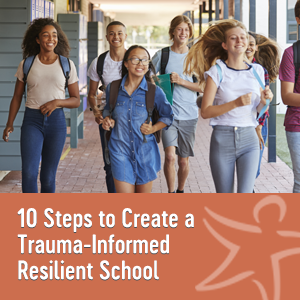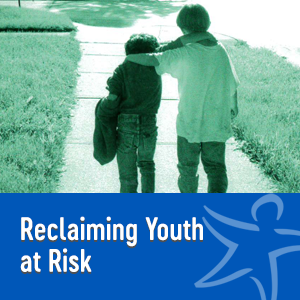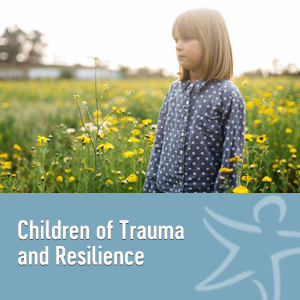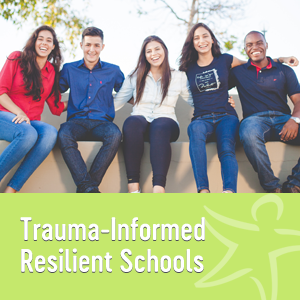We've learned so much about trauma and resilience over the years. In fact, for the uninformed practitioner, the amount of information available nowadays can be daunting. So what do I talk about when I have friends or concerned parents approach me with questions about trauma or toxic stress affecting their loved ones?
It all comes back to our universal needs and the Circle of Courage®.
What are the Universal Needs according to the Circle of Courage®?
The Circle of Courage® is a model of positive youth development based on the universal principle that to be emotionally healthy all youth need a sense of belonging, mastery, independence, and generosity. This unique model integrates the cultural wisdom of tribal peoples, the practice wisdom of professional pioneers with troubled youth, and findings of modern youth development research.
-
Belonging
- The presence of a strong sense of belonging makes young people more receptive to guidance from other community members. And, even if parents/caregivers are struggling, there are others there to help children. A sense of belonging helps children draw from a group as well as from themselves.
- How can we connect with others?
- Be continuously curious about how the child is experiencing their world.
- Get to know them!
- Find out their likes, dislikes.
- Explore what they need most to feel supported.
-
Mastery
- The goal of mastery is to achieve one’s potential, not perfection, and then contribute to and provide for their greater community. When success is met, the desire to achieve is strengthened.
- How can we promote mastery?
- Identify each child's potential.
- Teach emotional awareness and regulation, and then practice with them.
- Provide opportunities for students to experience their strengths.
-
Independence
- In contrast to obedience models of discipline, teaching should be designed to build respect and teach inner-discipline. Children should be encouraged to make decisions, solve problems, show personal responsibility, and learn/practice emotional awareness and regulation. Adults can model, nurture, and guide, but children should be given opportunities to make choices without coercion.
- How can we promote a sense of independence?
- Provide choices.
- Provide options.
- Ask the child what they need the most.
-
Generosity
- Children must be given opportunities to develop abilities for being generous and unselfish. In helping others, we create our own proof of worthiness, for we have the power to make positive contributions to the world. Children increase their sense of self-worth as they become committed to the positive value of caring for others.
- How can we help children feel valuable?
- Point out the child's self-worth.
- Provide opportunities for them to experience their value when they help others!
It is important to keep in mind that children with broken circles may display distorted senses of their universal needs. For example, someone with a distorted sense of belonging may flock to gang involvement. You can learn more about distorted universal needs in the related materials below.
Unmet universal needs can be an enormous barrier to learning. At Starr, we know stressed brains can’t learn. We also have the tools and lessons to help you break through the social emotional barriers in children.
Reclaiming Youth at Risk draws on early youth-work pioneers, Native tribal wisdom, and youth development research by outlining the four essential elements every child needs in order to flourish and thrive: belonging, mastery, independence, and generosity. Together, these are known as the Circle of Courage®. This book also includes innovative approaches for building relationships with youth, fostering their self-esteem, and instilling positive values in any setting.
10 Steps to Create a Trauma-Informed School is informed by Reclaiming Youth at Risk, as well as the Circle of Courage®, and applies the teachings therein to a set of concrete steps for implementation in schools. Complete with behavior support plans, lesson examples, and resources for teachers and parents, 10 Steps is the foundation for any school seeking to establish an environment of safety and learning for all children.
FOCUSED FOLLOW-THROUGH
Have you taken the time to consider the universal needs of each of the children you care for? What simple opportunities arise every day where we can help bolster a kid's sense of belonging, mastery, independence, or generosity? These small moments can make an incredible impact on their self-worth!
FOCUS FURTHER
Learn more about universal needs from Starr Commonwealth's recent roundtable discussion with Dr. Soma, President Carey, and Executive Vice President Allen (Dr. Soma's co-author on 10 Steps to Create a Trauma-Informed School):
To learn more about universal needs, consider these offerings from Starr Commonwealth.
The Circle of Courage® was developed by Starr’s 2nd President, Dr. Larry K. Brendtro (PhD), and his colleagues at Augustana University.
